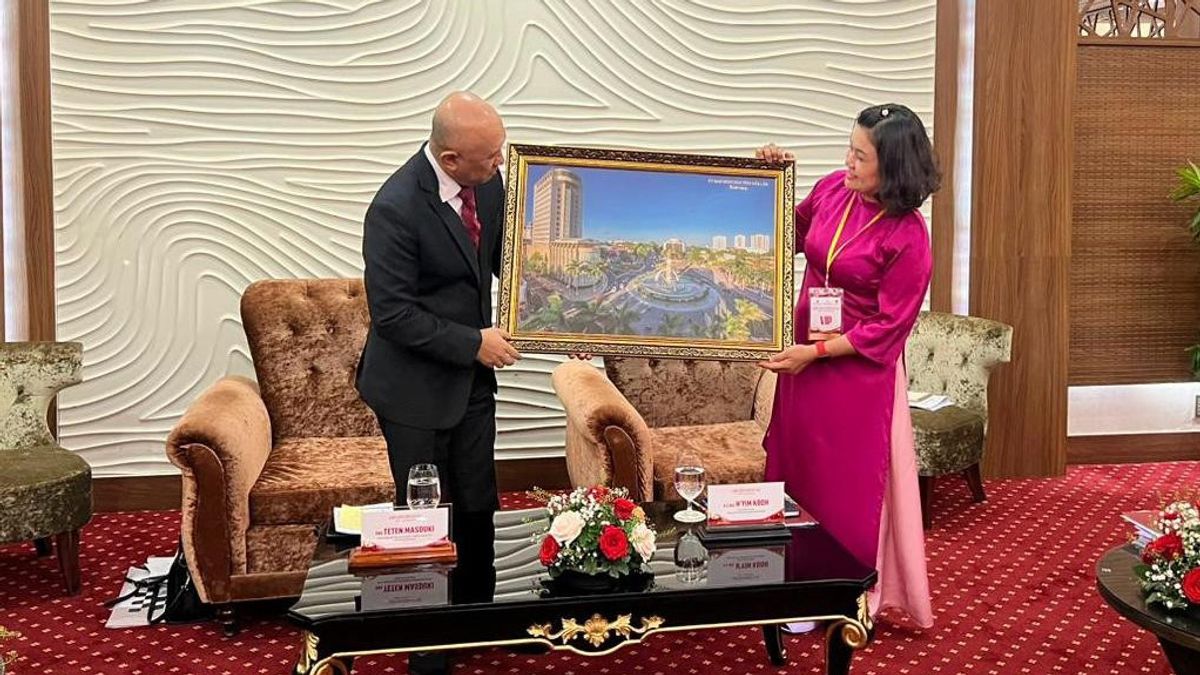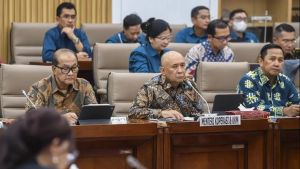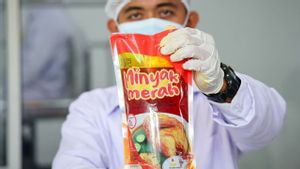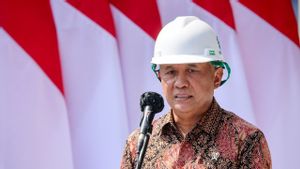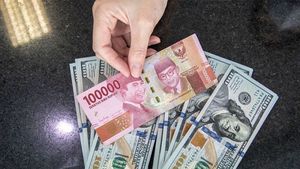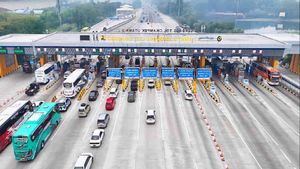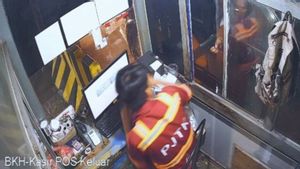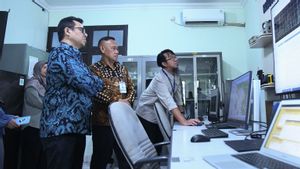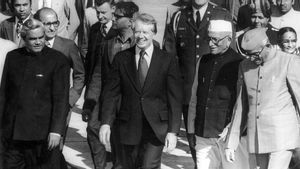JAKARTA - The Ministry of Cooperatives and SMEs (Kemenkop UKM) is exploring cooperation with Vietnam in the agricultural and aquatic sectors.
This collaboration will involve cooperatives and SMEs to strengthen the position of Indonesia and Vietnam in ASEAN.
Minister of Cooperatives and SMEs (Menkop UKM) Teten Masduki assessed that Indonesia and Vietnam have an important role in the agricultural and aquatic sectors in ASEAN.
"We are open to working with Vietnam to improve the quality and quantity of agricultural and fishery products in the two countries," said Teten in a written statement received by VOI, Friday, March 22.
Teten explained that the opportunities for cooperation to be explored include modernizing the agricultural and acultural business ecosystem through digitalization.
Then, research and development to improve the quality and competitiveness of agricultural and fishery products in the global market as well as the development of a business model for the supply chain of fisheries and agriculture partnerships in the ASEAN region.
He said that currently commodities that are being developed in Indonesia include seaweed, shrimp, cydat, palm oil, coconut, red ginger, rice, fruits, bamboo and rattan.
Meanwhile, for Vietnam in the aquatic sector, there are coalmundy, shrimp and lobster fish.
Meanwhile, in the agricultural sector there are durian, mango and jackfruit which are also widely planted in Indonesia.
According to Teten, the current policy of the Government of Indonesia is to encourage downstreaming of natural resource-based products, including agricultural and acultural commodities.
SEE ALSO:
With the similarity of commodities in the agricultural and acultural sectors in both countries, he views it will be a good opportunity for both of them to cooperate.
"There are several leading commodities in the agricultural and aquatic sectors that are cultivated in both countries, this is good for cooperation and improved production quality," he said.
Furthermore, Teten assessed that downstreaming would become a platform to produce quality jobs which ultimately had an impact on increasing people's per capita income.
"Hopefully in the future there will be no more individual fisheries and agriculture activities, small or no economic scale and unplanned. Everything must be by design," he added.
The English, Chinese, Japanese, Arabic, and French versions are automatically generated by the AI. So there may still be inaccuracies in translating, please always see Indonesian as our main language. (system supported by DigitalSiber.id)
